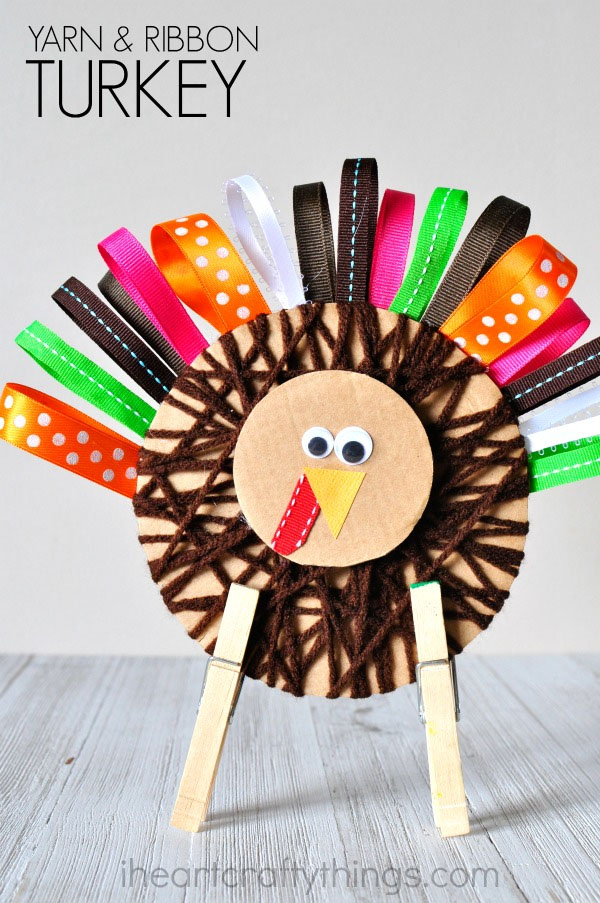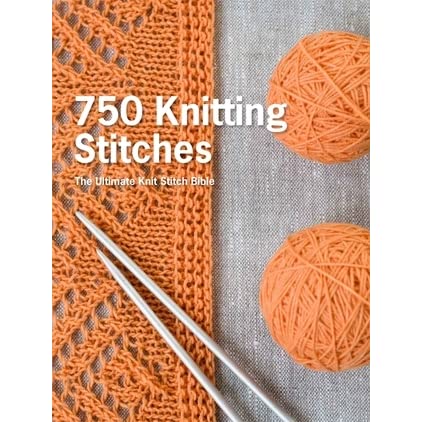
Patagonia Macro Puff Blanket
Patagonia Macro Puff offers a lightweight, synthetic option to down blankets. Its down-like warmth, compression, and moisture-wicking properties make it an excellent choice for cold-weather treks and alpine objectives. It can also retain its warmth even when wet.
Pinsonic Puff Blanket
Pinsonic's Puff Blankets are made of the finest microfiber. They can be used in any season. The blanket is easy to clean thanks to its quilted design and puff shape. You can get this blanket in a range of neutral colors.
Katie Puff(r) Blanket
The Katie Puff(r), Blanket offers the ultimate in softness, and it is the perfect accessory for any Animals Matter collection bedding set. Made from premium chenille, the blanket is both soft and durable, making it a great choice for human bedding, vehicle upholstery, and furniture. It is handcrafted in California, under strict regulation. The blanket comes with care instructions.
Caron one-pound baby blanket
Caron One Pound yarn is a great choice for creating a baby blanket that looks great on your little girl. It is easy to work with and gorgeous to look at. You can buy a skein at any craft store to make your own blanket.

Katie Puff(r)
The Animals Matter Katie Puff Buff Blanket provides the ultimate in comfort, softness, and style. This blanket is made of high-quality chenille and is durable. It can protect bedding, furniture, and upholstery in vehicles from scratching. Each blanket has been handcrafted in California, according to strict regulations.
FAQ
What hobbies are in fashion right now
Popularity is not always a positive thing. It is often used to excuse mediocrity. Most people don’t have the time to pursue any hobbies they desire. They are too busy working to make ends meet. What can you do if your time is limited? You could start your own company.
But it's not an easy task. It takes a lot of work to make your dream a reality.
A hobby is a great option if you're looking to do something different than run a business.
Hobbies do not have to be limited to creative pursuits. There are many different kinds of hobbies available. These hobbies include:
-
Gardening
-
Cooking
-
Photography
-
Reading
What are competitive hobbies, you ask?
Running, swimming, cycling and tennis are all competitive sports.
They're a great way to get social interaction and are enjoyed by those who love physical activity.
If you have a hobby that involves physical activity, then you'll probably find that there are other people around who share this interest.
This may mean joining a club or group where you meet regularly to play sports together.
You may also want to play in a team game, where you are playing with others.
These include: football (soccer), soccer, cricket, netball.
There are many types of competition.
Some competitions are only for recreational purposes.
Others are intended to test competitors' skill.
And still, others are designed to reward outstanding performance.
In these cases, winners receive prizes.
Other competitions are intended to test strength and stamina.
These are endurance events.
For example, marathon races, triathlons, Ironman Triathlon, etc.
Athletes train hard before they compete in these events.
To prepare them mentally and physically, they will be following a strict training regimen.
They might need to travel some distance during preparation.
It's important not to forget that not all athletes are able to compete in every type event.
What are educational hobbies?
An educational hobby is a activity that allows you to learn by doing it. It could be anything, from playing sports to learning how an instrument is played.
You should have fun with it. You don't have to do it all the time, but if you find yourself getting bored, then you need to think about what else you could be doing instead.
You also want to ensure you're not spending too much on these activities because they can end up costing you more than they're worth.
Statistics
- Almost 80% of people claim to have no hobby. (hobbylark.com)
- Much of this decline reflects the fact that teens are less likely to work today than in the past; among employed teens, the amount of time spent working is not much different now than it was around 2005. (pewresearch.org)
- A new survey by Pew Research Center of teens ages 13 to 17 finds that 36% of girls feel tense or nervous about their day every day; 23% of boys say the same. (pewresearch.org)
- In comparison, men in the “no humor” condition were refused 84.6% of the time and were only accepted 15.4% of the time. (time.com)
- Studies show that just six minutes of reading can reduce stress levels by 60 percent. (oberlo.com)
External Links
How To
How to learn how to play a musical instrument
There are many ways you can learn to play music. You could either go to a school, buy a book, take lessons from someone who plays an instrument, watch videos online, etc. Here are some tricks and tips to help you find your way.
-
Find something that interests and you. If you don't like any of the instruments you see around, then you should try another one. If you don't like playing an instrument, it would be difficult to learn how to play it.
-
Be patient. It takes time to learn anything new. Do not expect to be able to master every aspect of the subject immediately. Instead, keep practicing every day.
-
You should practice often. Even when you feel tired, continue practicing. This will ensure you don't forget what lessons you have just learned.
-
You should choose a comfortable place to practice. A quiet room where you won't disturb anyone else is ideal. Make sure there aren't distractions. Avoid loud music, for example.
-
Have fun. Music is meant to be enjoyed. You should have fun practicing music. Enjoying yourself will motivate you to continue going at it.
-
Set goals. You will know what you need to do if you have goals. This will make it impossible to fail.
-
Keep track of how you are doing. Notate all of your achievements and failures. This will help you to improve your performance over time.
-
Take breaks. Sometimes all it takes is to take a breather. Taking breaks will give you time to think about things.
-
Ask questions. Ask for help if you are unsure or have questions about certain aspects of the instrument. They may be in a position to assist.
-
Listening is the best way to learn. Musicians often listen to music they like and try to imitate it. This helps them understand basic concepts behind the song.
-
Read books. You will learn more from reading books than you can by watching videos or attending classes. Books contain information you will not find anywhere else.
-
Get involved in a band. Playing with others will force you to practice more. Plus, you will find people with similar interests to you.
-
Take a look at tutorials. Tutorials are short videos which explain many topics in great detail. These tutorials usually concentrate on one particular aspect of an instrument. Watching tutorials can help you understand difficult parts of the instrument.
-
Explore different learning methods. Some people prefer to learn via lectures while others prefer to read. Keep trying until you find your preferred method.
-
Practice makes perfect. You don't become an expert overnight. Instead, it takes time and effort to become proficient enough for you to succeed.
-
Learn from other musicians. You can learn faster by listening to other musicians play your favorite songs.